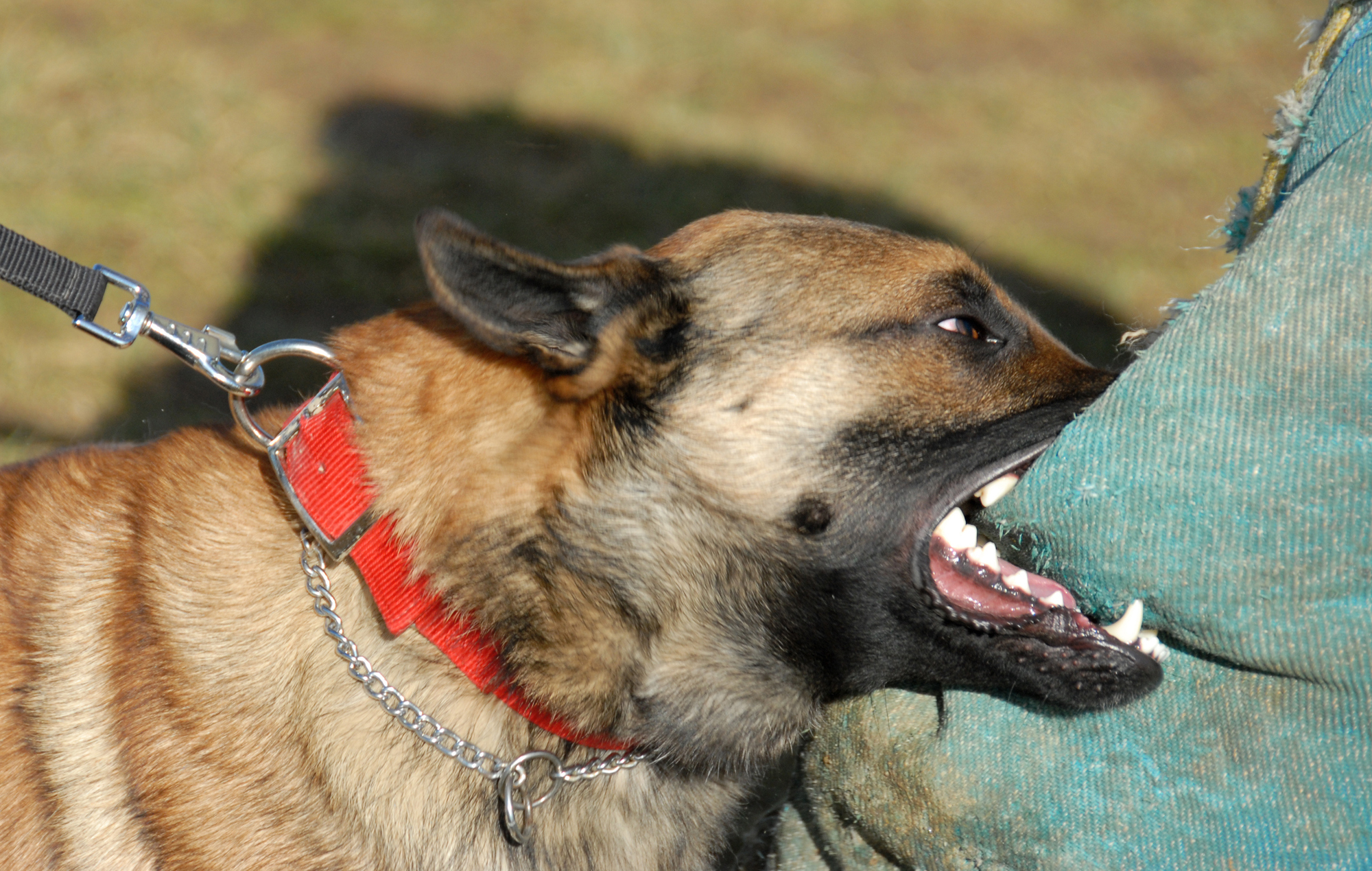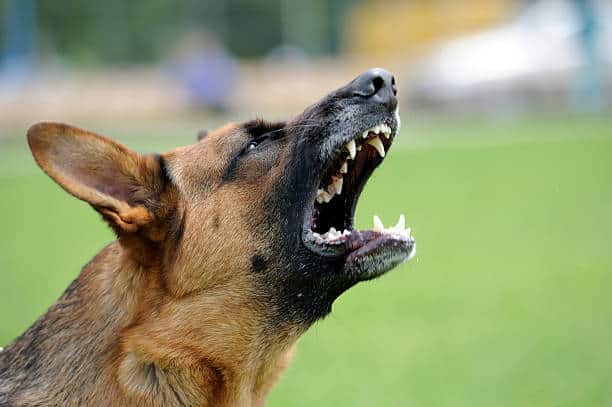Dog bites are not only physically painful but can also result in serious legal implications…
Firm News – Premises Liability: Jackson O’Keefe obtains Appellate affirmance of summary judgment for landlords who were held to owe no duty to persons injured by a tenant’s dog off premises

The plaintiff, the mother of a minor child, brought suit individually and on behalf of her minor child, against the defendant landlord asserting negligence against the defendant arising from an off-premises attack by a dog owned by one of defendant’s tenants. The trial court entered summary judgment on behalf of the defendant and the plaintiffs appealed. The plaintiffs argued on appeal that the lower court incorrectly determined that the defendant could not be held liable as a matter of law because Connecticut case law provides that a landlord has a duty of care under a premises liability theory to use reasonable care to prevent injuries to third parties from known vicious dogs housed on the property by the tenant, including, in certain circumstances, from a dog attack occurring off the landlord’s property. The Appellate court disagrees with the plaintiffs’ claim and concludes that, within the specific context of off premises dog attacks, landlords do not owe a duty of care to injured third parties under a theory of premises liability. Although the incident took place off the premises, the plaintiffs claim that the defendant can be held liable because of the Supreme Court’s decision in another case. The plaintiffs claimed that under the Supreme Court’s previous decision in Giacalone, the scope of premises liability was broadened when the Court there determined that the landlord was liable even though the dog attack occurred outside of the premises on which the dog was housed. The Appellate Court finds that the plaintiff’s argument fails for two reasons. First, the facts of Giacalone were misunderstood. The plaintiff asserted that in Giacalone, the plaintiff was injured at her residence after the dog escaped and traveled to the plaintiff’s yard where the attack occurred. However, the facts in Giacalone specify that the attack occurred “at or near” the dog owner’s residence as opposed to the plaintiff’s residence. Second, the plaintiff’s notion that a property owner’s duty under premises liability continues beyond the property boundary line, is contrary to the Supreme Court’s analysis. The Supreme Court has previously held that “a landlord, in exercising the closely analogous duty to alleviate the dangerous conditions in areas of a premises over which it retains control, must take reasonable steps to alleviate the dangerous conditions created by the presence of a dog with known vicious tendencies in the common areas of the property.” The court made clear that it is the property lines, and the potential harms within them, that define a landlord’s duty. Therefore, the Appellate Court concludes, within the limited context of an off-premises dog attack, a landlord does not owe a duty of care to injured third parties under a theory of premises liability. Aviles v. Barnhill, 217 Conn. App. 435, 289 A.3d 224 (2023).



